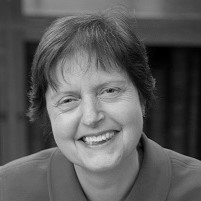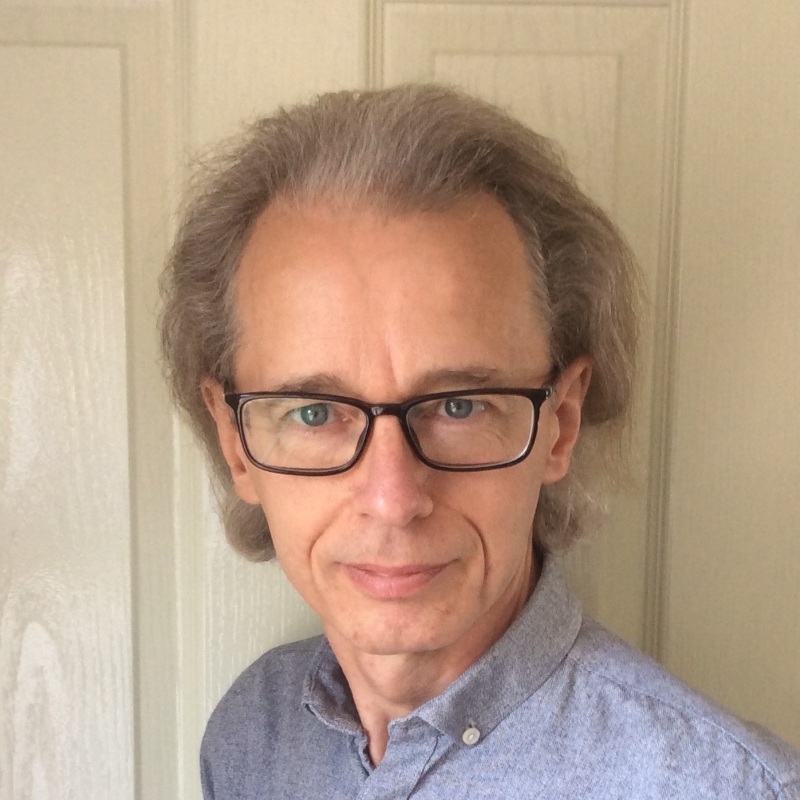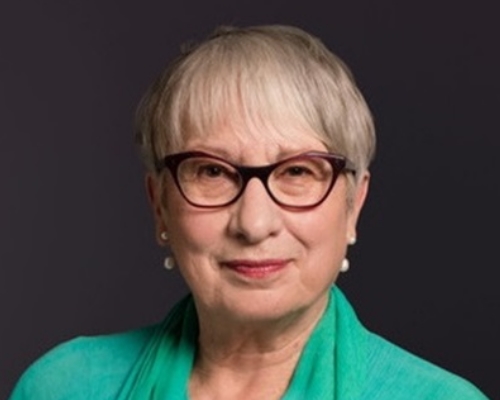Dorothy Hodgkin Fellow Dr Sabrina Simoncelli sets out a typical workday in five hashtags.

As a mom to a 2-year-old and a newly established principal investigator who works in several cross-disciplinary projects, my days can be very hectic and often turn in different directions but, (in five hashtags) here is what a typical one looks like.
First, coffee Twitter #StayInformed
New research ideas and trends are being developed around the globe all day long, so I start my day by keeping up to date with the latest news in my field. My Twitter feed is one of the fastest ways to do so. On the one hand, it provides a great resource to find new publications that I can select for deep reading. On the other, it is a great platform for open scientific discussions and to network with researchers around the world, tasks which would otherwise be challenging during the COVID-19 pandemic.
Now, to the lab! #LoveWhatYouDo
My work involves the use of optical microscopes to look at processes happening inside white blood cells on tiny scales (in the order of a few nanometres, 1= 10-9m!!). We use a combination of experimental and computational techniques, including microscopy, optics, nano-fabrication, spatial statistics, and image processing. Our driving force is to visualise, at the single molecule level, the role of proteins in shaping immune responses.
I love being in the lab, and some of the work that I do includes: setting-up optical components such as lenses, mirrors, filters to modify and improve custom-built microscopes; designing and synthesizing nanomaterials made of metals, DNA or polymers to manipulate light, molecules or even cellular responses; and growing and modifying cells under carefully controlled conditions.
Connecting with students #ShareYourKnowledge
Supervising and teaching allows me to share the love of my discipline with others, and it’s a great way of gaining perspective on my own research and knowledge. My working day typically involves some sort of teaching or supervising activity. Currently, I teach optics and electromagnetism to first year students and fluorescence microscopy in the Optical Biology PhD programme at UCL, and I am a proud member of the team responsible for the development of a remote laboratory experience for over one thousand first year students across Chemistry, Natural Science and Life Sciences at UCL. I also happily supervise two brilliant and authentically engaged MSci Chemistry students in my lab.
Collaborating with peers #LearnFromOthers
To do our jobs well, collaboration is key. Either with peers from the same field, or a different field, collaborating with others helps in brainstorming new ideas, finding new perspectives when there’s a problem, learning something new, and dividing a complex and demanding task. On a personal level, it is also a great way to make long-lasting friendships. From informal channels of communication to structured meetings, I communicate with peers and collaborators on a day-to-day basis.
(Aiming for a…) balanced lifestyle #TakeBreaks
I have a hard stop at 5pm so that I can make it on time to pick up my son from nursery. It is very important for me to ‘turn off’ my work brain and spend time with him. After my son goes to bed, I get back online for one or two hours to check if there is anything urgent. I also take advantage of this time to answer emails, as well as to plan for the following day ahead. While it is not ideal to work in the evenings, this extra time allows me to keep on pursuing my ambition of having a successful independent research career while being a mom.







